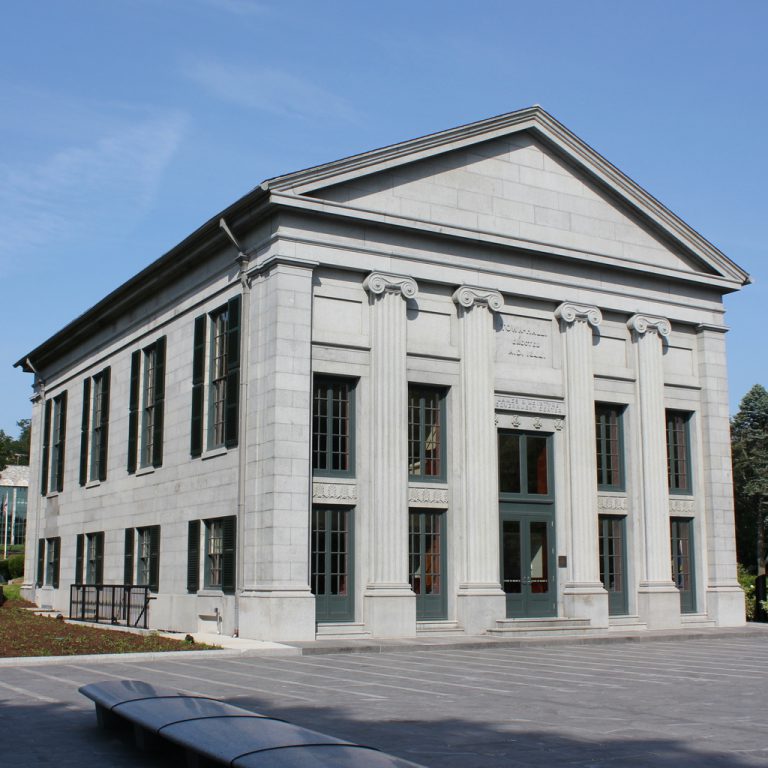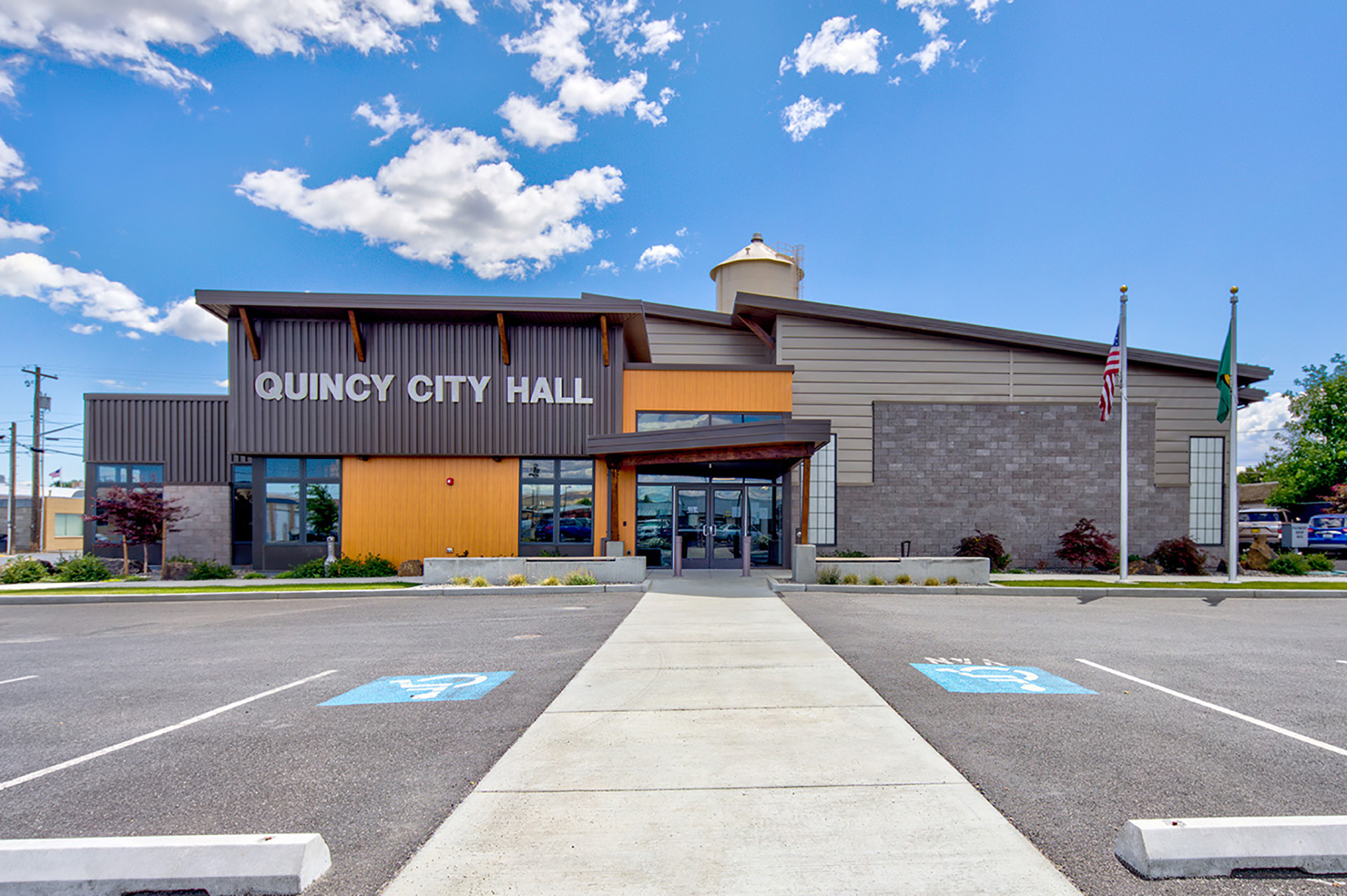Quincy Hall’s History and Architecture

Quincy Hall, a prominent landmark in Boston, Massachusetts, boasts a rich history and distinctive architectural style that reflects its evolution over time. From its humble beginnings as a market hall to its transformation into a vibrant hub for commerce and culture, Quincy Hall has witnessed significant changes, each leaving its mark on the building’s character.
Construction and Purpose
Quincy Hall’s construction began in 1825, a testament to the city’s growing prosperity and its need for a central marketplace. The hall, designed by architect Isaiah Rogers, was conceived as a grand structure that would house a diverse array of vendors and merchants. The hall’s name honors the city’s founder, John Quincy Adams, and reflects its aspiration to be a symbol of civic pride and economic vitality.
Quincy Hall’s Function and Usage: Does Quincy Hall Have Metal Teeth

Quincy Hall, a prominent structure in Boston’s history, has served various purposes throughout its existence. It has evolved from a bustling marketplace to a hub for civic gatherings and currently stands as a testament to the city’s architectural heritage and a symbol of its rich past.
Current Purpose and Role in the Community
Today, Quincy Hall is a multifaceted space that hosts a diverse array of events and activities. It serves as a venue for cultural celebrations, community gatherings, and commercial endeavors. The hall’s unique blend of historical significance and modern functionality makes it a popular destination for locals and visitors alike.
Notable Events and Activities
The hall’s calendar is filled with a vibrant tapestry of events, each adding to its dynamic character.
- Farmers’ Markets: Local farmers bring their freshest produce, creating a lively atmosphere where community members can connect with the source of their food.
- Art Exhibitions: Quincy Hall provides a platform for artists to showcase their work, transforming the space into an art gallery that attracts art enthusiasts and collectors.
- Concerts and Performances: The hall’s acoustics and spacious interior make it an ideal venue for musical performances, ranging from classical concerts to contemporary music.
- Community Meetings and Gatherings: The hall’s grandeur and historical significance provide a suitable setting for community meetings, town hall gatherings, and other civic events.
Significance as a Historical Landmark and Cultural Center
Quincy Hall’s historical significance is undeniable. Its architectural grandeur and its role as a focal point for Boston’s commerce and civic life have cemented its place as a landmark. The hall’s rich history is intertwined with the city’s growth and development, making it a valuable repository of Boston’s cultural heritage.
Areas with Metal Features or Components
Quincy Hall’s architecture features a blend of materials, including metal.
- The Roof: The hall’s roof, likely constructed with metal framing and roofing materials, contributes to its structural integrity and durability.
- Window Frames and Doors: Some of the hall’s windows and doors may feature metal frames, adding to its architectural character and contributing to its historical authenticity.
- Interior Elements: The interior of Quincy Hall may incorporate metal components in railings, decorative elements, or other architectural features, reflecting the hall’s historical era and architectural style.
Exploring the “Metal Teeth” Concept

The phrase “metal teeth” associated with Quincy Hall is a captivating enigma, sparking curiosity and speculation. The origin of this phrase, its literal and metaphorical implications, and its potential cultural and historical connections deserve a closer examination.
Origin and Evidence
The phrase “metal teeth” likely emerged as a metaphorical expression, rather than a literal description of Quincy Hall’s architecture. While the hall boasts intricate details and ornate elements, there’s no concrete evidence to suggest the presence of actual metal teeth. This phrase might have arisen from the hall’s imposing facade, characterized by its robust stonework and prominent architectural features, evoking a sense of strength and durability, akin to “metal teeth.”
Interpretations and Metaphors, Does quincy hall have metal teeth
The phrase “metal teeth” could be interpreted as a metaphor for Quincy Hall’s enduring legacy and its role as a prominent landmark in the city’s history. The “metal teeth” could symbolize the hall’s ability to withstand the passage of time and remain a resilient structure, representing the city’s resilience and enduring spirit.
Cultural and Historical References
The phrase “metal teeth” might also draw inspiration from cultural or historical references. The concept of “metal teeth” is often associated with strength, power, and resilience, echoing the imagery of mythical creatures like dragons or griffins, which are often depicted with sharp, metallic teeth. This association could contribute to the metaphorical interpretation of Quincy Hall’s “metal teeth,” suggesting its formidable presence and enduring legacy.
Does Quincy Hall have metal teeth? That’s a question for the ages, right up there with “Is the sky blue?” But while we ponder that, let’s take a break and learn about natalia kaczmarek , a champion who’s definitely got the grit to tackle any question, metal teeth or not.
Now, back to the big question: Does Quincy Hall have metal teeth? I’m still on the fence about that one.
Okay, so Quincy Hall doesn’t have metal teeth, but it does have something pretty impressive: Quincy Hall gold , a legacy that’s as shiny as a freshly-polished molar. So, while Quincy Hall might not chomp on your fingers, it definitely has some impressive history and a little bit of sparkle to boot.